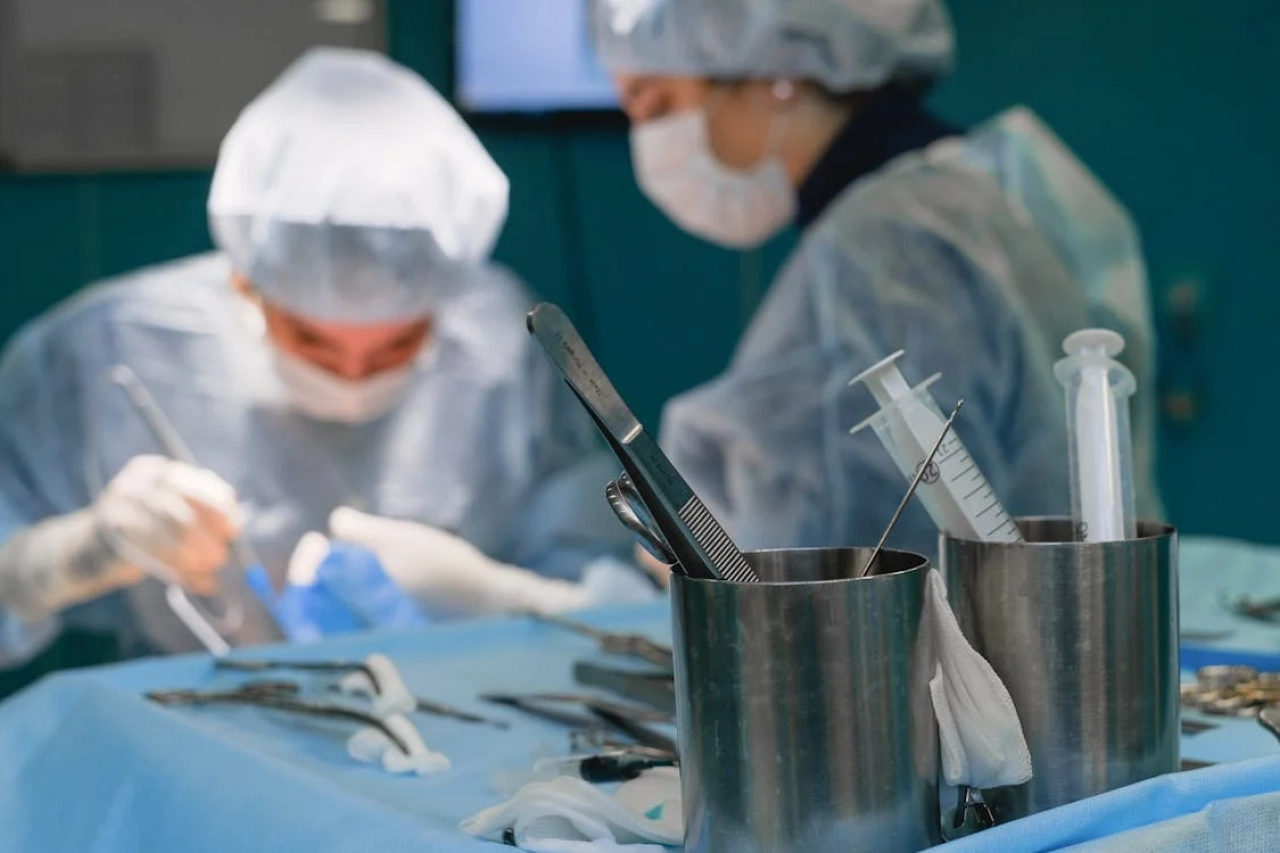Did you know we have a support group?
Your questions and concerns have most likely been asked and answered in our support group. Moderated by our dietitian's, nurses, and staff. We provide you with reliable patient education and resources to help you throughout this life-changing process.
A Decrease in Type 2 Diabetes Linked to Bariatric Surgery
A French study conducted between 2008 and 2009 showed that almost half of bariatric surgery patients stopped taking their anti-diabetes medication within six years of their surgery. Of the many bariatric surgeries studied, the biggest drop in anti-diabetes and insulin medication use was from patients who had undergone a gastric bypass procedure.
On an individual level, however, every patient will experience a varied mid- and long-term prognosis of obesity-related conditions. Patients who have only just started taking anti-diabetes medication are more likely to overcome their condition with bariatric surgery than patients who have been taking anti-diabetes medications including insulin for decades.
What is Gastric Bypass?
Clinique Michel Gagner performs two variations of gastric bypass procedures: Mini Gastric Bypass and Laparoscopic Roux-en-Y Gastric Bypass.
The difference between a Mini Gastric Bypass and Gastric Bypass procedure is that the “mini” procedure involves only one connection or anastomosis of the stomach and intestine, whereas a Gastric Bypass involves two. This procedure combines two factors in achieving affective post-surgical weight-loss: intestinal malabsorption and gastric reduction. This is achieved through creating a gastric pouch near the esophageal sphincter, which is then attached to the first part of the intestine.
A Roux-en-Y Gastric Bypass procedure was developed by Dr. Gagner in 1996. As with the Mini Gastric Bypass, a Roux-en-Y Gastric Bypass also involves creating a gastric pouch, but with the first part of the intestine being cut into two sections and attached to the newly formed gastric pouch and further down the Roux limb.
Link Between Obesity, Diabetes, and Pharmaceutical Companies
In the article recently released about the French study, Dr. Michel Gagner posited that the number of patients examined represented only a small number of patients who have diabetes, and that the staggering number of money spent on anti-diabetes medication ($38.8 billion dollars in the United States alone) could afford to treat over a million people surgically.
Contact Clinique Michel Gagner today or fill out our patient questionnaire to start your weight loss journey.


